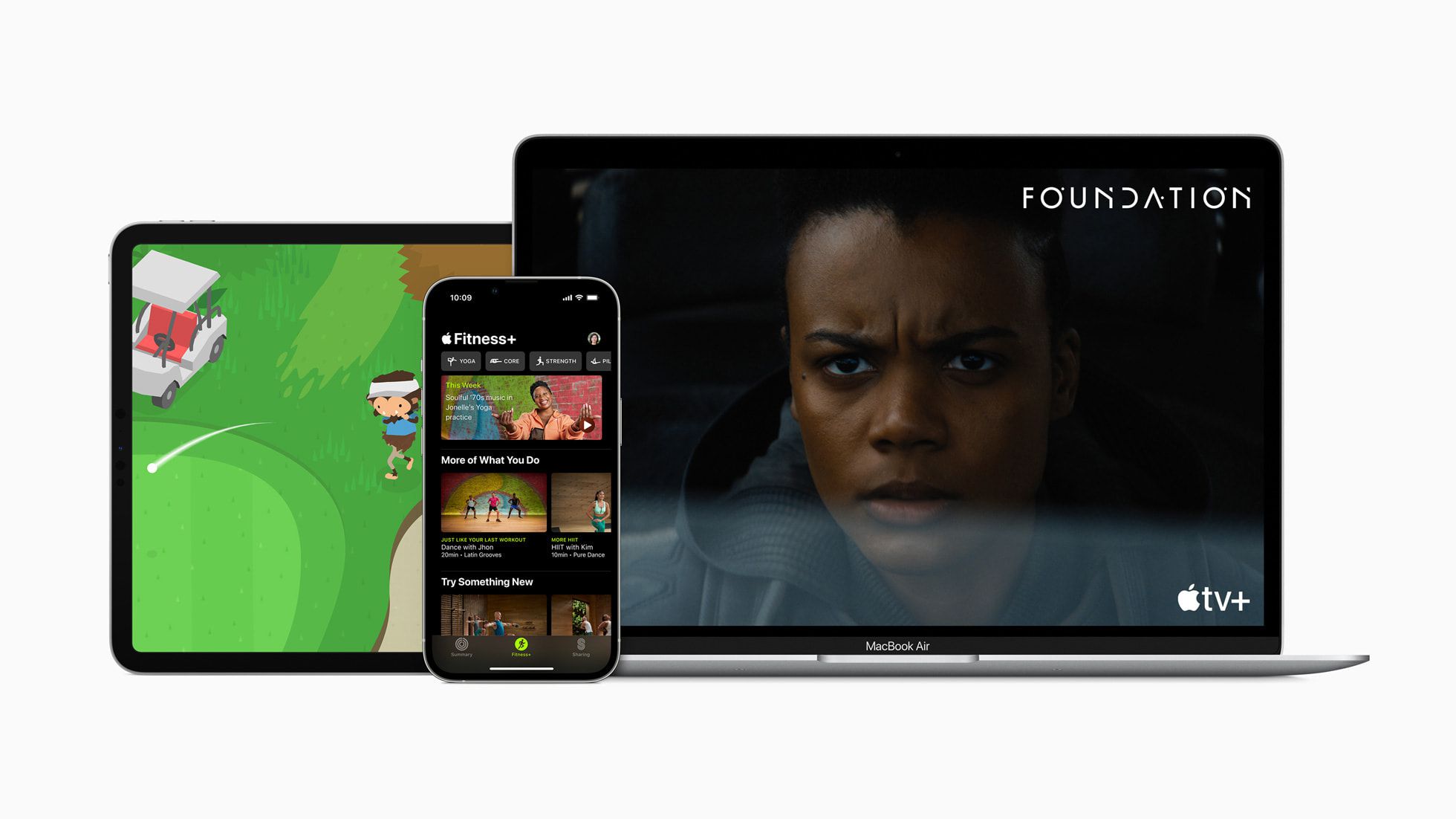Perhaps you're the one hasn't put much thought into this specific situation. For example, how is this beyond the scope of anti-competition laws or consumer protection? Apple is one half of a duopoly in the mobile OS market. They have the power to force devs to either agree to their terms or lose access to half of the market. Same situation with Google. A consequence of that is potentially higher prices. A would-be market with many mobile OS competitors could potentially force Apple to lower commissions from 30% to let's say 10%. Apple doesn't have to worry about that in the existing market because there's only one other place for devs to go and their terms are remarkably similar to Apple's. Artificially high commissions from Apple would have the effect of higher consumer prices as devs pass along that cost.Setting new precedent is a way of creating new law without actually creating new law. What she did here was set new precedent that says "I can force a software company to make it convenient for developers to avoid paying to use the platform". This decision will be the first of many such decisions that refer back to it as precedent, and cross the lines into dictating what a company can do with their product and platform beyond any scope of anti-competitive law or consumer protection.
Fundamentally I agree with you, but I'm challenging you on this point because there is not enough thought has gone into this on your part. What makes it NPC speak is chanting "corporate bad, more laws good" without much thought into the specific situation.
You can look at the ruling as "I can force a software company to make it convenient for developers to avoid paying to use the platform" if you wish. Others can look at it as "I can force a software company to stop using a dominant market position to extort other businesses."
Last edited:


